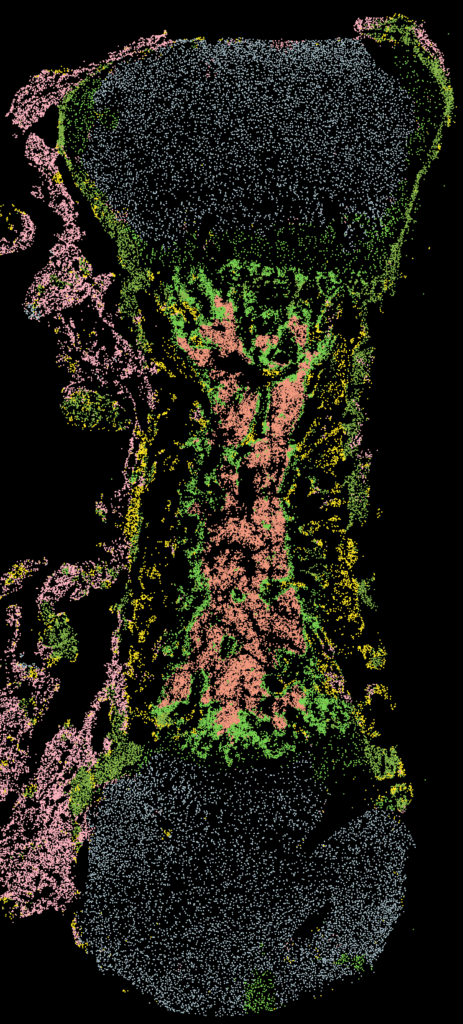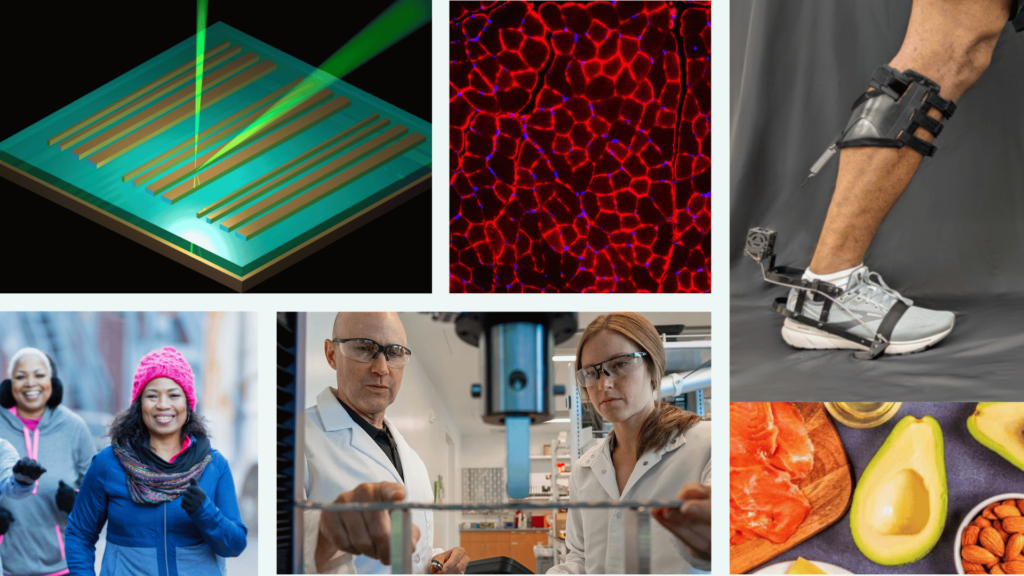Uncovering role of sugar molecule for muscle performance
Collaborators

Hyaluronic acid is well-known as an injectable treatment for cataracts or osteoarthritis and has been used in some athletes to improve pain and performance, but with little scientific backing. Alliance leader Andrew Fry and researchers at University of Kansas’ Jayhawk Athletic Performance Laboratory have conducted one of the first studies to examine hyaluronic acid’s involvement in overreaching, a type of overtraining used in strength training programs.
Hyaluronic acid is a sugar molecule, or polysaccharide, that acts as a lubricant to help muscles move and change shape. The study showed a decrease in hyaluronic acid in individuals who were guided to do more than normal weight training. These individuals also had a reduction in muscle power. However, those doing normal weight training maintained steady levels of hyaluronic acid and exhibited gains in muscle power.
These trends suggest that hyaluronic acid levels are somehow related to muscle strengthening, though it’s not clear yet whether there is a cause-and-effect relationship or if the relationship is coincidental. Fry and his team are excited to explore the acid’s role in muscle recovery, strength, and power and think the findings will have implications for designing effective strength-building programs and also influencing physical therapy and rehabilitation. “We want to understand what happens when you push things, because that’s what athletes do, they push themselves to the limit,” Fry said. “When we understand how athletes’ bodies perform, that can help inform health and human potential studies in all sorts of areas.”
Fry leads the Jayhawk Athletic Performance Laboratory, an Innovation Hub of the Wu Tsai Human Performance Alliance, whose mission is to provide sport science research and knowledge..
Read the full press release from University of Kansas
Read the full scientific article in Applied Physiology, Nutrition, and Metabolism
Latest News

May 29, 2025
Is exercise before sleep linked with poorer sleep?

May 23, 2025
Skeletal stem cells key to stronger bones, better healing

March 13, 2025
Wu Tsai Human Performance Alliance Research Round-Up – March 2025
Get Engaged
Join our mailing list to receive the latest information and updates on the Wu Tsai Human Performance Alliance.
